13 best privacy apps for iOS and Android
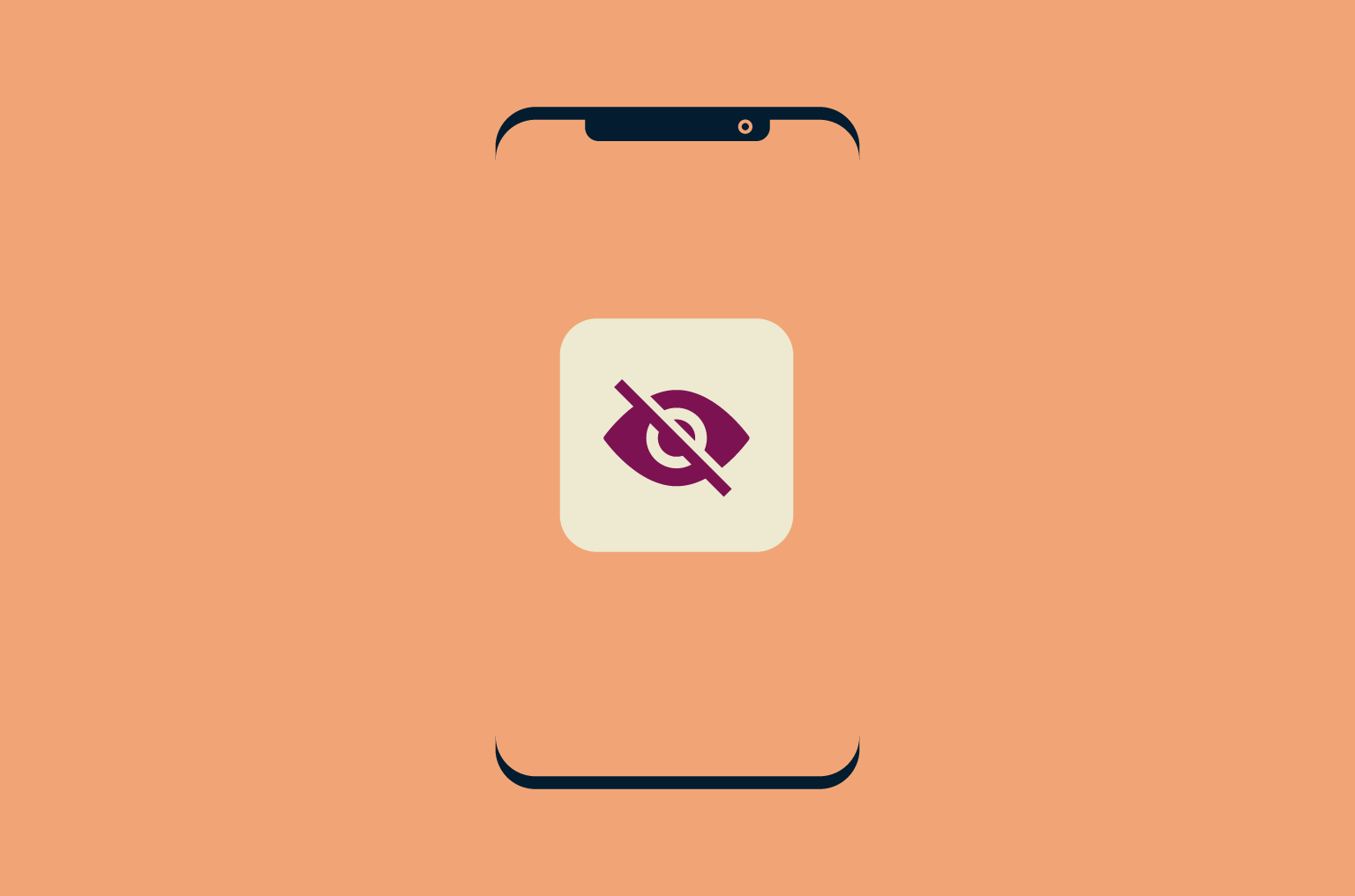
Navigating the privacy minefield that is today’s internet can be a challenge. And with smartphones serving as wallets, ID cards, messaging hubs, and even health monitors, the privacy stakes have never been higher.
But whether you're worried about apps quietly accessing your microphone, tracking your location, or harvesting your personal data for advertising, there are privacy tools that can help you take back control.
This article highlights the best privacy apps for iPhone and Android users, including the best secure messaging app, private browser, encrypted email, password manager, and more.
Why do you need a privacy app?
Your smartphone is a treasure trove of sensitive data. It knows your location, stores your conversations, remembers your browsing habits, and may even possess your biometric information.
Providing your mobile apps with some of this data is unavoidable because it’s necessary for them to function. The problem is that your data isn’t always being used for good. Much of it is being collected for advertising, analytics, or worse, and often in ways that you’re not fully aware of.
Privacy apps help you regain control over what’s shared, who can see your activity, and how your personal data is stored. They close the gaps that default settings often leave open.
Key threats to your mobile privacy
Most mobile privacy threats fall into one of the following categories:
- Location tracking: Many apps collect precise GPS data to provide location-based services, including weather apps, news apps, social media apps, and shopping apps. The problem is that some apps track your location even when they’re not in use. This could reveal your daily routines, places you visit, and even sensitive locations like your home or workplace to advertisers or threat actors.
- Excessive app permissions: Some apps request access to your microphone, camera, contacts, photos, or files that aren’t essential for their functionality. If the app doesn’t offer a reasonable explanation for this, it’s a big red flag that may indicate malicious intent.
- Data collection and profiling: Many apps collect data about your behavior and device to understand your habits, preferences, and interests. This process, known as profiling, often includes tracking you across multiple apps and websites. Companies use the data they collect to deliver more personalized content, but also to target you with ads.
- Insecure communications: If your text messages, emails, or voice and video calls aren’t protected with strong encryption, they can be intercepted by third parties, exposing your private conversations and any personal information that they may contain.
- Public Wi-Fi risks: Connecting to public or unsecured Wi-Fi networks puts your data at risk because these networks often lack encryption. Threat actors on the same network can intercept your internet traffic, steal sensitive personal information, or inject malicious content.
- Malicious or shady apps: Some mobile apps are designed to spy on you, steal and sell your data, or run annoying ads. They are often disguised as legitimate software.
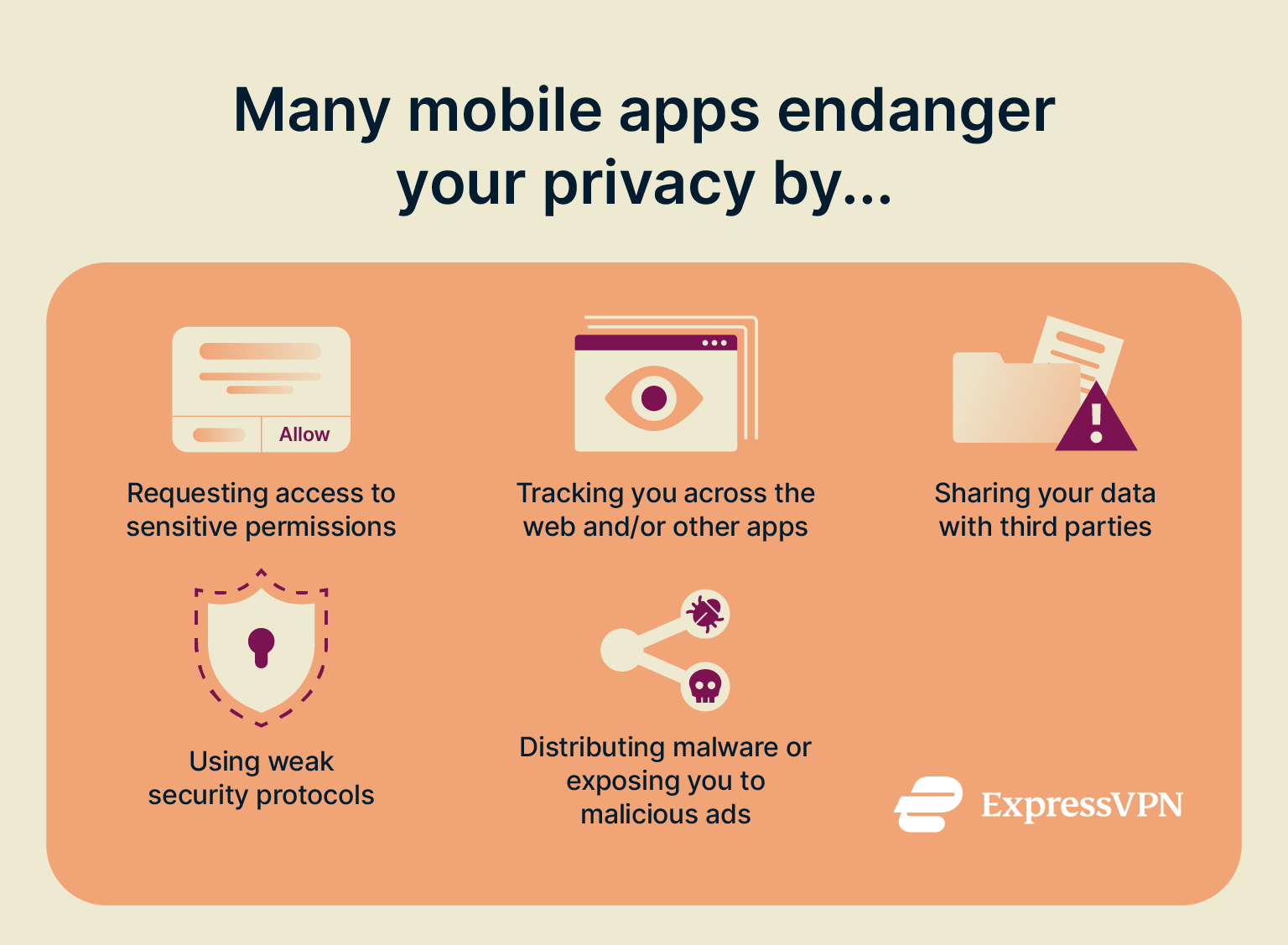
What makes a good privacy app?
A good privacy app should have all of the following:
- Require minimal permissions: It only asks for access to data and features it genuinely needs to work, and it explains exactly why it needs them.
- Collect minimal data: It shouldn’t attempt to follow you around the web with trackers or build a profile on you by collecting data on your habits and behaviors.
- Not sell or share your data: Avoid apps that monetize your personal information through third parties, like advertisers or data brokers.
- Use trusted data encryption methods: This is especially important for messaging, email, and storage apps. But most apps collect some amount of user data, so it’s important to make sure that they're keeping it safe.
- Have a clear privacy policy: The policy should explain what data the app collects, why it's needed, and who it's shared with in plain language (without obfuscating legal jargon).
- Be updated regularly: Cyber threats are evolving all the time, and new security vulnerabilities are constantly being discovered. That's why it's important that your privacy app is actively maintained with security fixes and feature improvements.
- Have a good reputation: The app should be recommended by security experts or trusted communities, so don’t rely exclusively on app store ratings.
- Be open source or independently audited: If it’s open source, anyone can inspect its code for security vulnerabilities or shady behavior. Similarly, an app can get audited by independent third-party cybersecurity experts to prove that it’s safe and effective.
- Be user-friendly: There’s no point in having an excellent privacy app if it’s too obtuse or clunky to use. All the apps on the list below are intuitive and simple, even for beginners.
Best privacy apps by category
Best private messaging app: Signal
Signal is the best app for secure messaging, beating out competitors like WhatsApp and Telegram. It’s free, it’s open source, it has undergone multiple independent audits, and it’s run by a non-profit organization (the Signal Foundation) rather than a big tech company.
The main reason it’s so great for privacy is its use of the Signal Protocol to provide end-to-end encryption (E2EE) across all communications. With E2EE, only the sender and receiver of a message will be able to read it. Third parties, including your internet service provider (ISP), government, and even Signal itself, will only see random gibberish, even if they intercept the message. Uniquely, Signal also encrypts the metadata that's sent along with a message, which can reveal things like the recipient of a message. The app also includes lots of security features like disappearing messages and two-step verification.
Uniquely, Signal also encrypts the metadata that's sent along with a message, which can reveal things like the recipient of a message. The app also includes lots of security features like disappearing messages and two-step verification.
Signal collects very little data (basically just your phone number) and doesn’t share it with anyone. For comparison, WhatsApp collects and shares lots of personal information, including your phone number, device ID, location, product interactions, and more.
Best anonymous browsing: DuckDuckGo
DuckDuckGo is a free private search engine and our number one pick for incognito browsing. Unlike popular search engines like Google or Bing, DuckDuckGo puts your privacy first. It doesn’t log your search and browsing history, track you across the web, or attempt to build a profile on you. The content you see is based purely on your search terms.
For comparison, Google collects data on your search history, IP address, location, interactions (such as what websites you visit frequently and what ads you click on), and more, and uses this information to target you with ads and deliver more relevant content across all of its services. Note, however, that while DuckDuckGo encrypts your searches, it doesn’t protect your anonymity once you leave the search page. To keep yourself safe on other parts of the internet, we recommend using a virtual private network (VPN) with DuckDuckGo.
Note, however, that while DuckDuckGo encrypts your searches, it doesn’t protect your anonymity once you leave the search page. To keep yourself safe on other parts of the internet, we recommend using a virtual private network (VPN) with DuckDuckGo.
While DuckDuckGo is best known for its private search engine, it also offers a privacy-focused browser for Android, iOS, Windows, and macOS. The browser comes with extra privacy features, such as the ability to block third-party trackers and let users chat privately with AI chatbots.
Best VPN for mobile: ExpressVPN
A virtual private network (VPN) is an essential tool for people who are serious about online privacy and security. VPNs encrypt your internet traffic and route it through a secure server, which prevents anyone from reading or tampering with your data. They also mask your IP address, which makes it more difficult for anyone to track your online activities.
VPNs are especially important for mobile devices because public Wi-Fi networks (like the internet at airports, hotels, and cafes) are often insecure, and connecting to them can expose you to cyberattacks.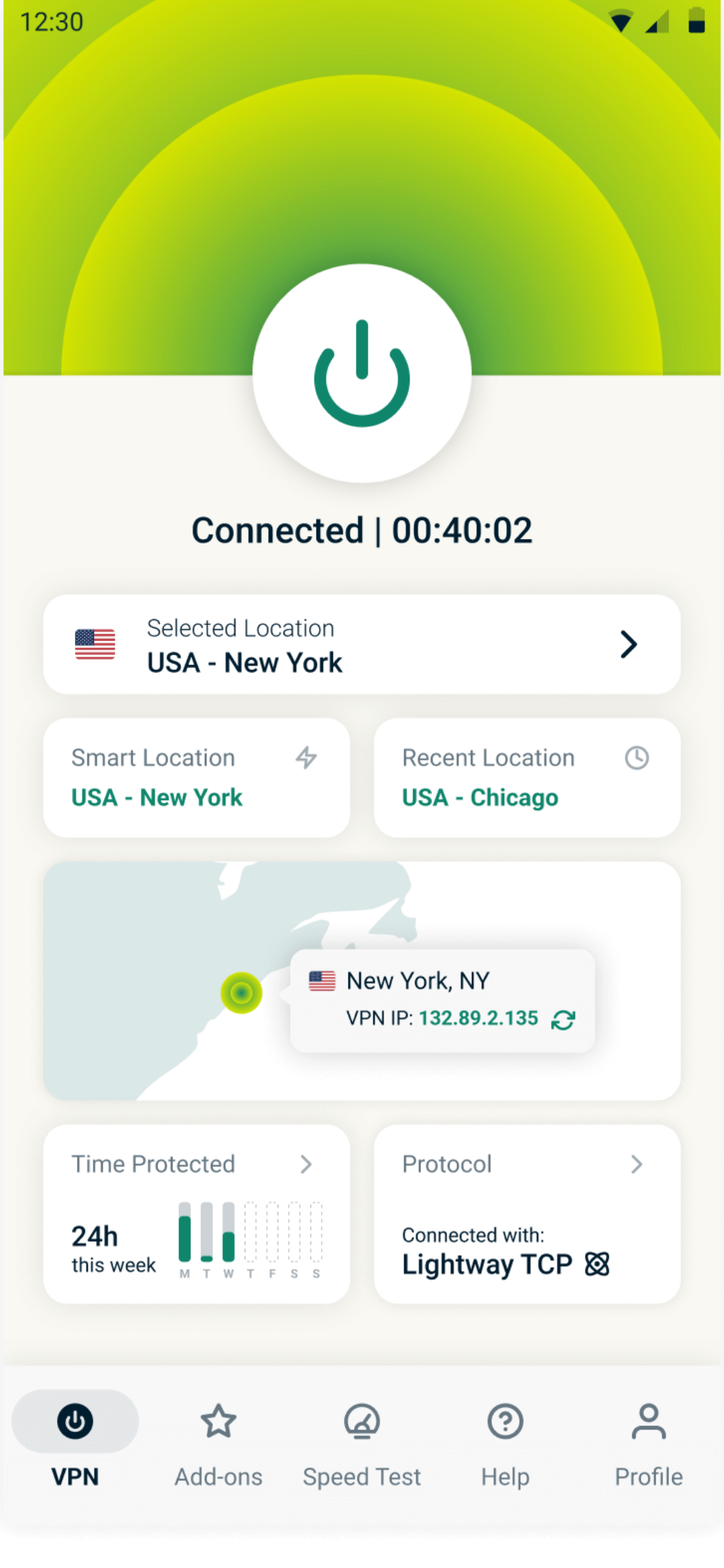 ExpressVPN stands out as a VPN for Android and iOS. It uses 256-bit Advanced Encryption Standard (AES) encryption, has a strict no-logs policy, and has undergone multiple independent audits. It also offers a vast server network, blazing-fast speeds, and user-friendly apps.
ExpressVPN stands out as a VPN for Android and iOS. It uses 256-bit Advanced Encryption Standard (AES) encryption, has a strict no-logs policy, and has undergone multiple independent audits. It also offers a vast server network, blazing-fast speeds, and user-friendly apps.
Additionally, ExpressVPN’s app comes with a feature called Threat Manager that prevents sites and apps from communicating with malicious third parties. This helps protect you from trackers, scammers, and malware.
Best second number app: 2ndLine
2ndLine lets you add a second phone number on your Android or iOS phone that you can use to make and receive calls or texts without needing a second SIM card or device.
You might find this useful for separating work and personal calls, signing up for services without giving out your real number, or communicating with people you don’t fully trust. By keeping your primary number private, it can also help reduce the amount of spam and robocalls you receive.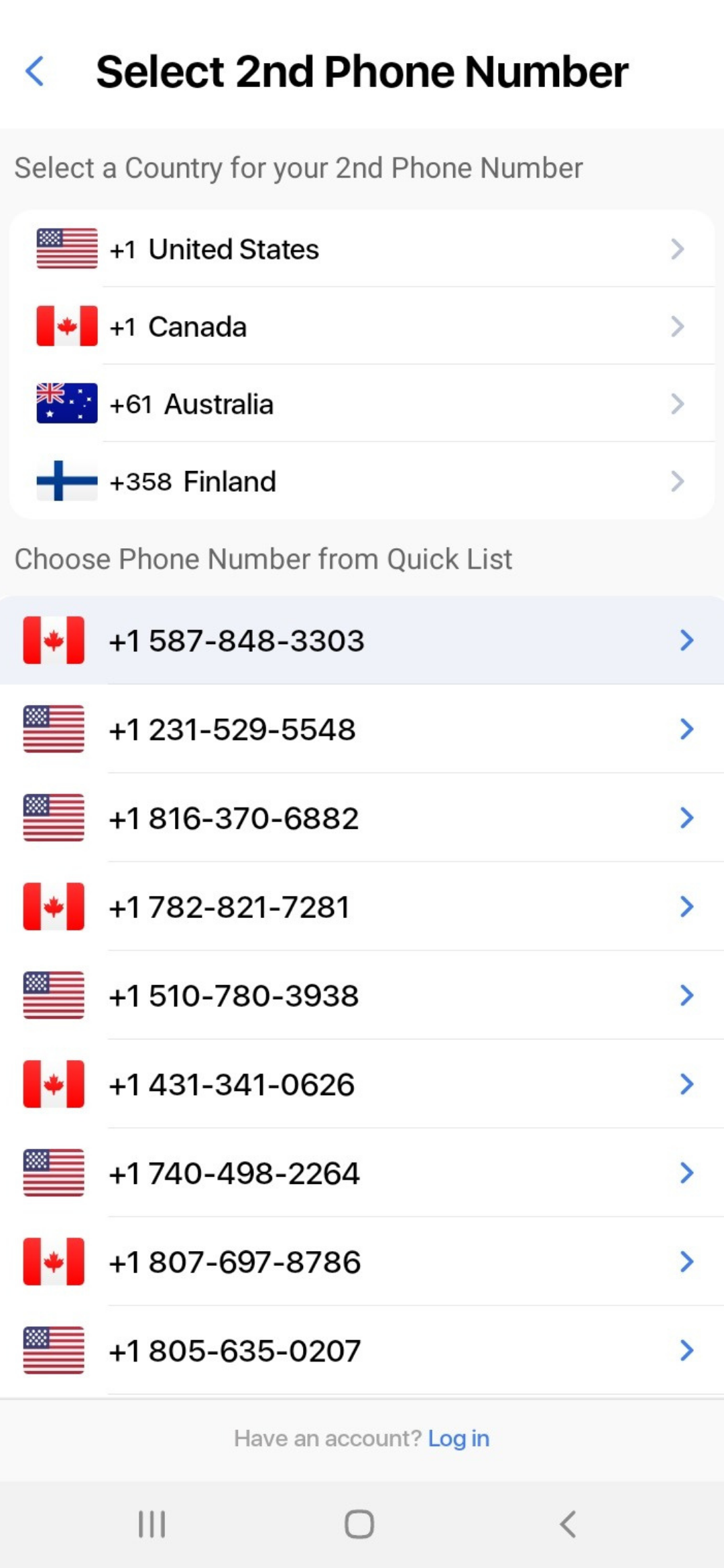 You can get a second phone number for the U.S., Canada, Finland, Germany, Mexico, the U.K., Australia, and various other countries. 2ndLine is a paid service, and it offers weekly, monthly, and yearly plans.
You can get a second phone number for the U.S., Canada, Finland, Germany, Mexico, the U.K., Australia, and various other countries. 2ndLine is a paid service, and it offers weekly, monthly, and yearly plans.
Best encrypted email: ProtonMail
ProtonMail is designed from the ground up with user privacy in mind. Unlike most other email providers, it doesn’t scan your emails to profile you or serve targeted ads. In fact, even if it wanted to, it couldn’t; thanks to E2EE, only you and your recipients hold the keys to read your messages. ProtonMail has also been independently audited and is open source, so you can check the code yourself if you don’t trust it. Its company is headquartered in Switzerland, which has strong privacy laws.
ProtonMail has also been independently audited and is open source, so you can check the code yourself if you don’t trust it. Its company is headquartered in Switzerland, which has strong privacy laws.
You can use ProtonMail for free, but you only get 1GB of storage. Its premium plans come with extra storage, as well as bonus features like extra email addresses and support for custom email domains.
Best free network scanner: Fing
Fing a great tool for showing exactly which devices are connected to your Wi-Fi network. This is useful for identifying unauthorized devices, such as Wi-Fi thieves or unknown devices that could belong to threat actors. Fing has a free plan, but it also offers premium plans. Its premium plans allow you to scan an unlimited number of times per day, perform automated scans and security checks, detect hidden cameras, block devices, and more.
Fing has a free plan, but it also offers premium plans. Its premium plans allow you to scan an unlimited number of times per day, perform automated scans and security checks, detect hidden cameras, block devices, and more.
Best password manager: ExpressVPN Keys
Using weak or repeated passwords is a major security risk that many people are guilty of. But it just isn’t possible to remember dozens of different, complex passwords. That’s where a password manager comes in: it can help you create, store, and autofill strong, unique passwords for all your accounts.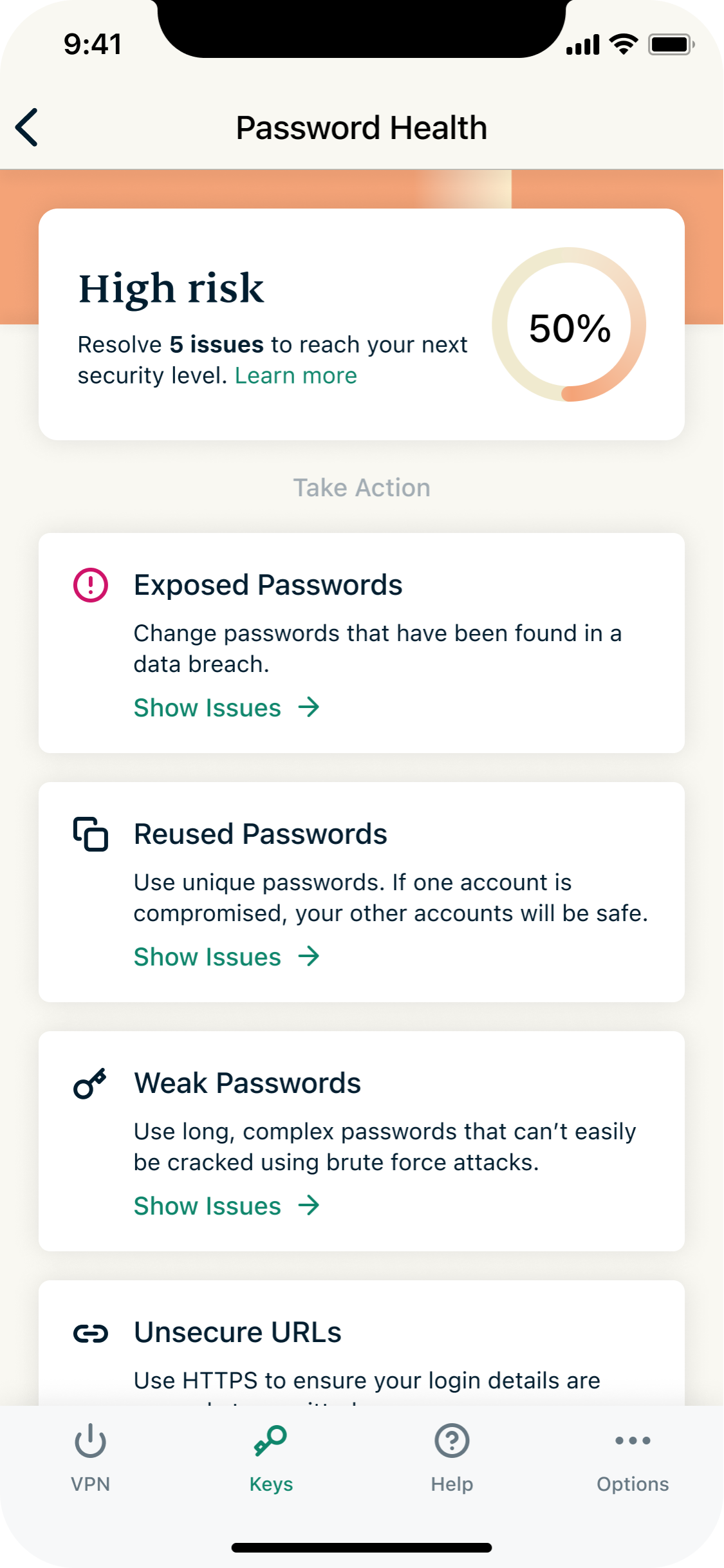 ExpressVPN Keys supports two-factor authentication (2FA), uses zero-knowledge encryption (only you have access to your data; not even ExpressVPN can see it), and allows you to store an unlimited number of passwords, credit cards, and notes. It also has a Password Health feature that alerts you to exposed, reused, or weak passwords.
ExpressVPN Keys supports two-factor authentication (2FA), uses zero-knowledge encryption (only you have access to your data; not even ExpressVPN can see it), and allows you to store an unlimited number of passwords, credit cards, and notes. It also has a Password Health feature that alerts you to exposed, reused, or weak passwords.
It’s included with any ExpressVPN subscription, and you can keep using it even after your VPN subscription expires.
Best private shopping app: IronVest
IronVest helps shield your personal information during online transactions, making it a powerful tool for privacy-conscious users who frequently shop on their phones.
This app lets you generate masked emails and phone numbers, which you can use when creating accounts or making purchases. It also lets you pay with virtual credit cards, which means you never have to share your real contact or payment details. This helps prevent spam, data leaks, and tracking across platforms.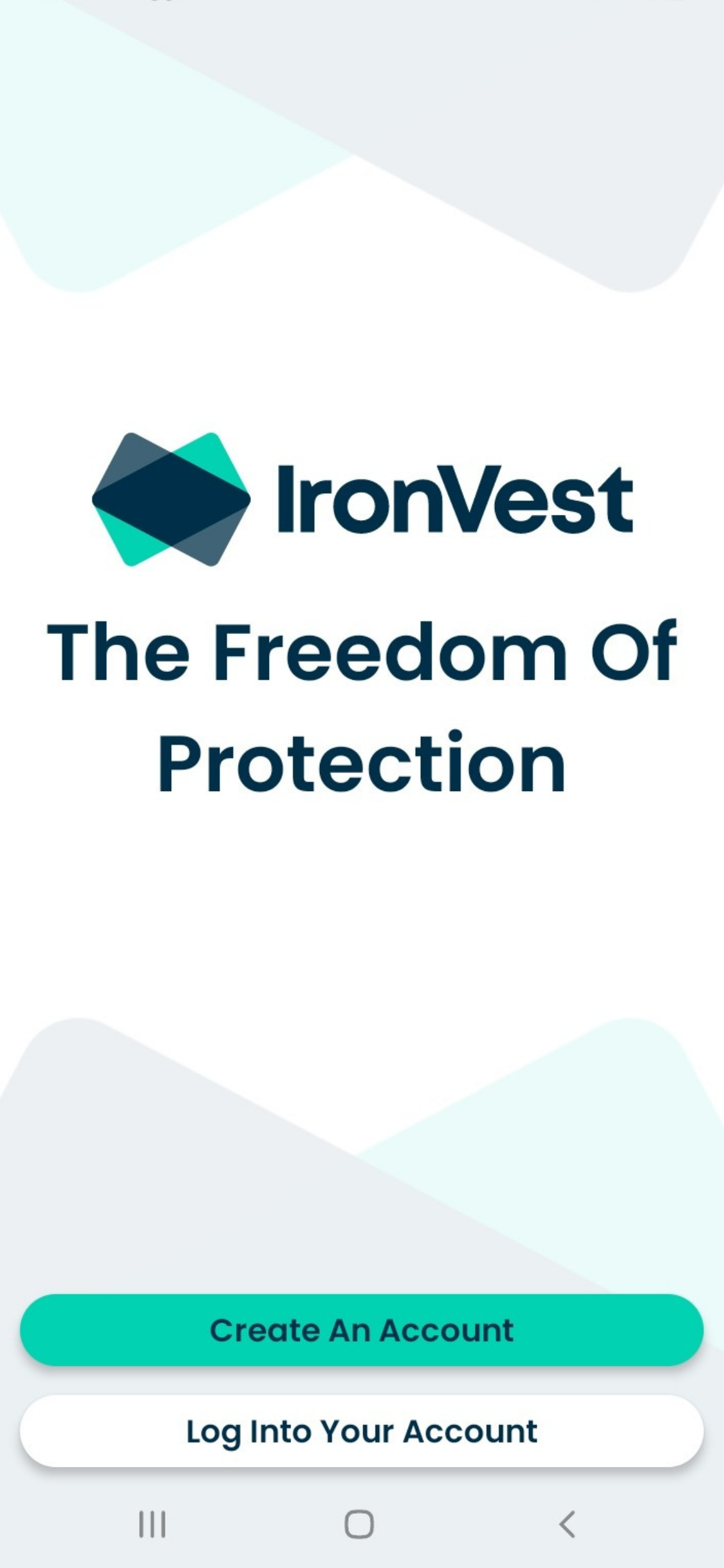 Your passwords and account information are secured with 2FA and biometric locks, and IronVest can autofill login credentials and personal data to streamline your checkout experience without compromising privacy.
Your passwords and account information are secured with 2FA and biometric locks, and IronVest can autofill login credentials and personal data to streamline your checkout experience without compromising privacy.
IronVest is a paid service with a two-tiered subscription model.
Best for burner numbers: Hushed
Hushed is similar to 2ndLine in that it provides you with temporary phone numbers that you can use to make calls and send text messages. The difference is that 2ndLine focuses on providing you with long-term alternate numbers, whereas Hushed allows you to generate a new number whenever you want one from a wide range of area codes and dispose of it when you’re done.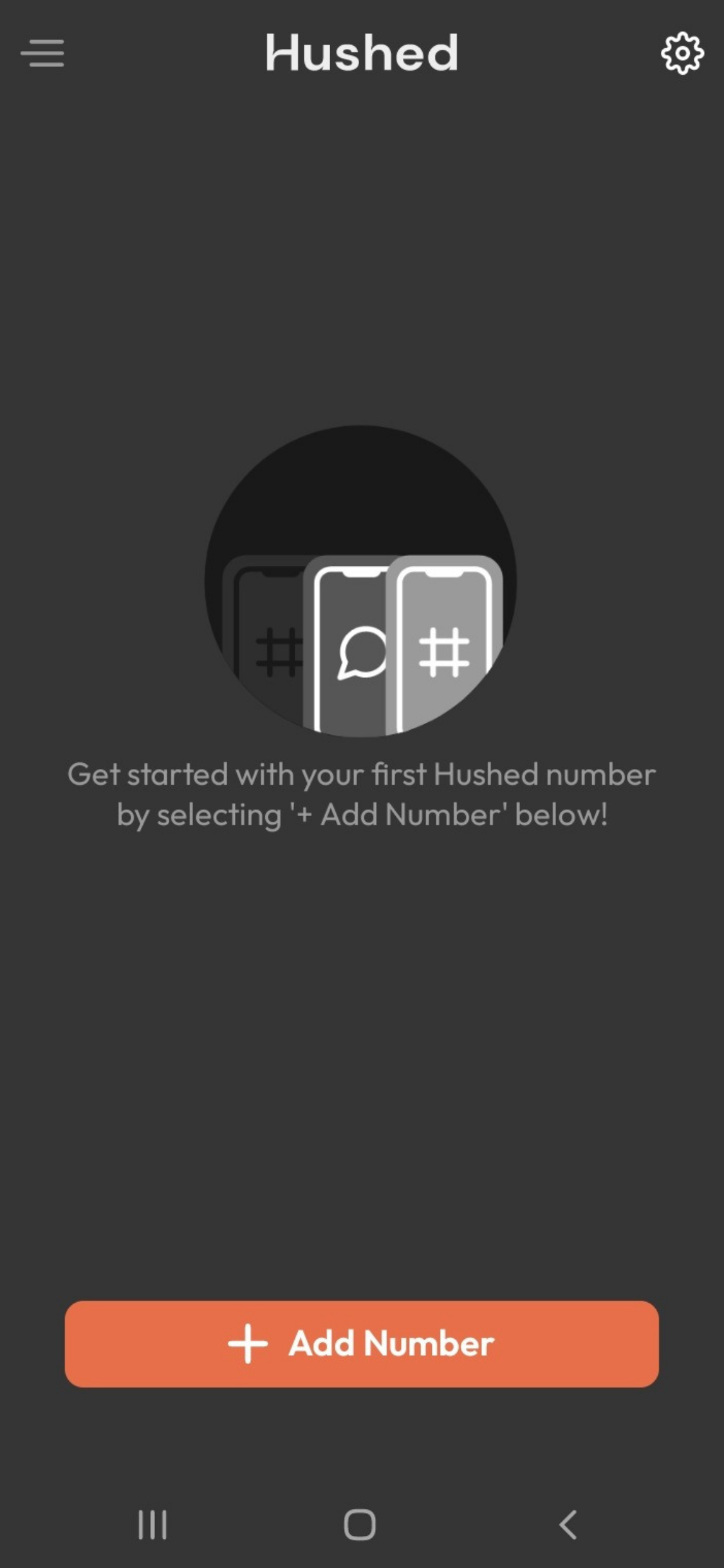 Hushed has flexible plans. You can opt for a Prepaid, Pay-as-you-go, or Unlimited plan, depending on your specific needs.
Hushed has flexible plans. You can opt for a Prepaid, Pay-as-you-go, or Unlimited plan, depending on your specific needs.
Best app locker: Smart AppLock
Smart AppLock allows you to lock your apps. This means that if someone were to gain physical access to your phone, they wouldn’t be able to go into your messaging app and read all of your conversations, look through your photo galleries, etc.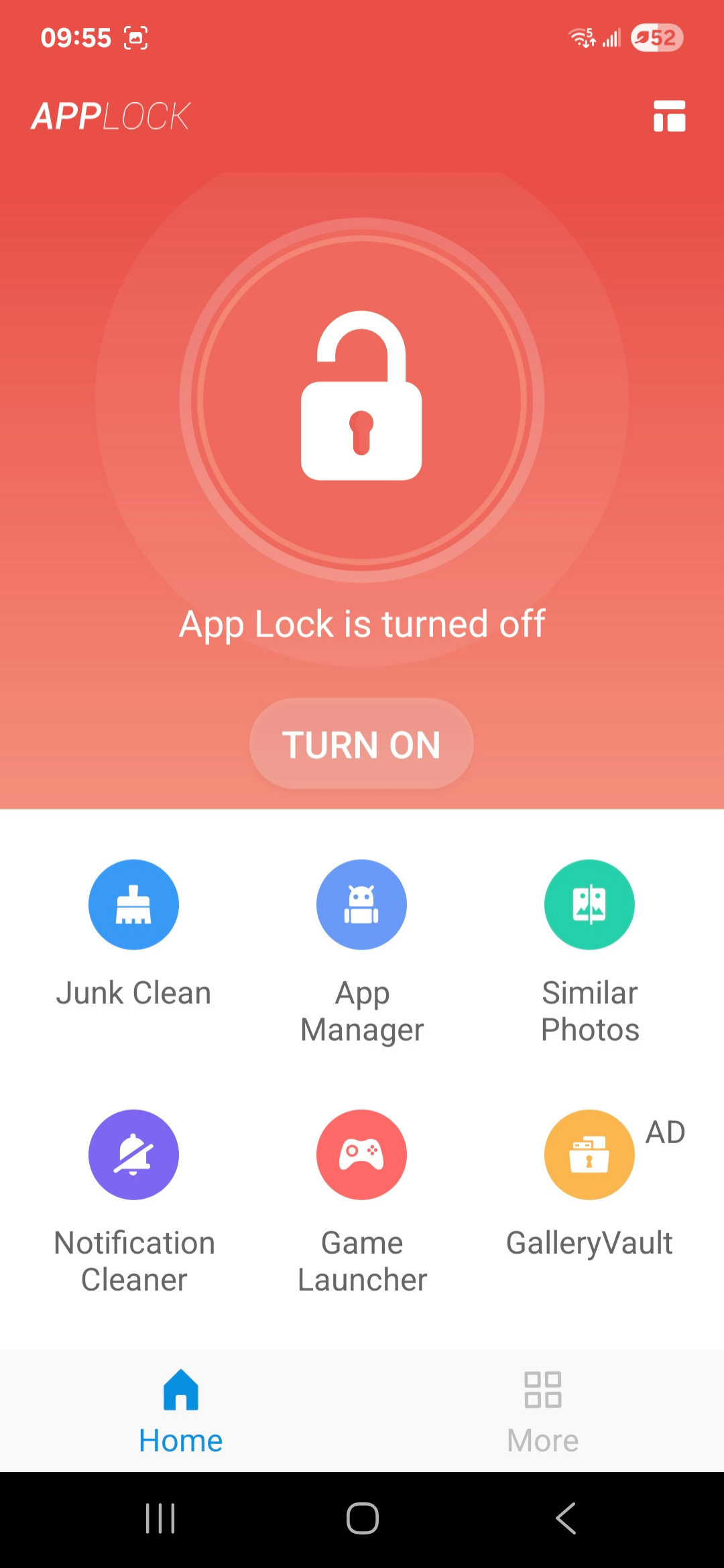 You can lock apps with a PIN, pattern, or biometric lock. This app also includes neat extra features, like the ability to take a photo of anyone who tries to unlock your phone with the wrong passcode.
You can lock apps with a PIN, pattern, or biometric lock. This app also includes neat extra features, like the ability to take a photo of anyone who tries to unlock your phone with the wrong passcode.
Smart AppLock is only available for Android. It’s free to use, but it’s supported by ads.
Best network monitor: Glasswire
Glasswire is a privacy tool that helps you keep track of your device’s internet activity in real time. It can show you which apps are using data, when, and how much bandwidth they’re consuming.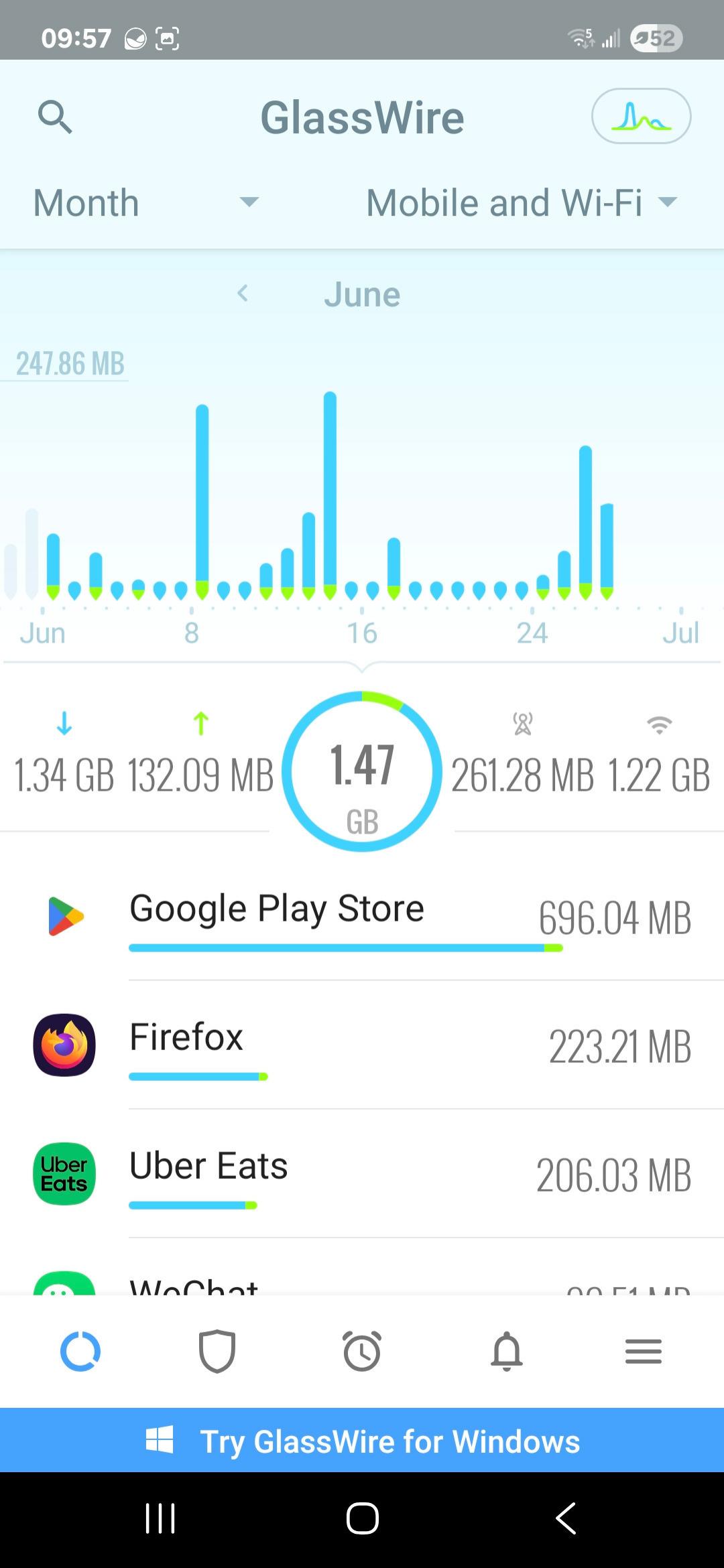 This can be very helpful for spotting suspicious network behavior that could be indicative of malware or privacy risks. For example, you might notice that an app is sending out data even when it’s not in use. What’s more, it can also help you save on battery life and reduce data usage by highlighting apps that are consuming resources unnecessarily.
This can be very helpful for spotting suspicious network behavior that could be indicative of malware or privacy risks. For example, you might notice that an app is sending out data even when it’s not in use. What’s more, it can also help you save on battery life and reduce data usage by highlighting apps that are consuming resources unnecessarily.
Glasswire also allows you to block apps from connecting to the internet or force them to ask for permission whenever they do so. It’s only available on Android, but it’s completely free to use.
Best private notes app: Notesnook
Notesnook is an open-source note-taking app that offers E2EE across multiple devices. This makes it much more secure than the default note-taking apps on Android and iOS, so you might find it handy for storing sensitive information like personal journals.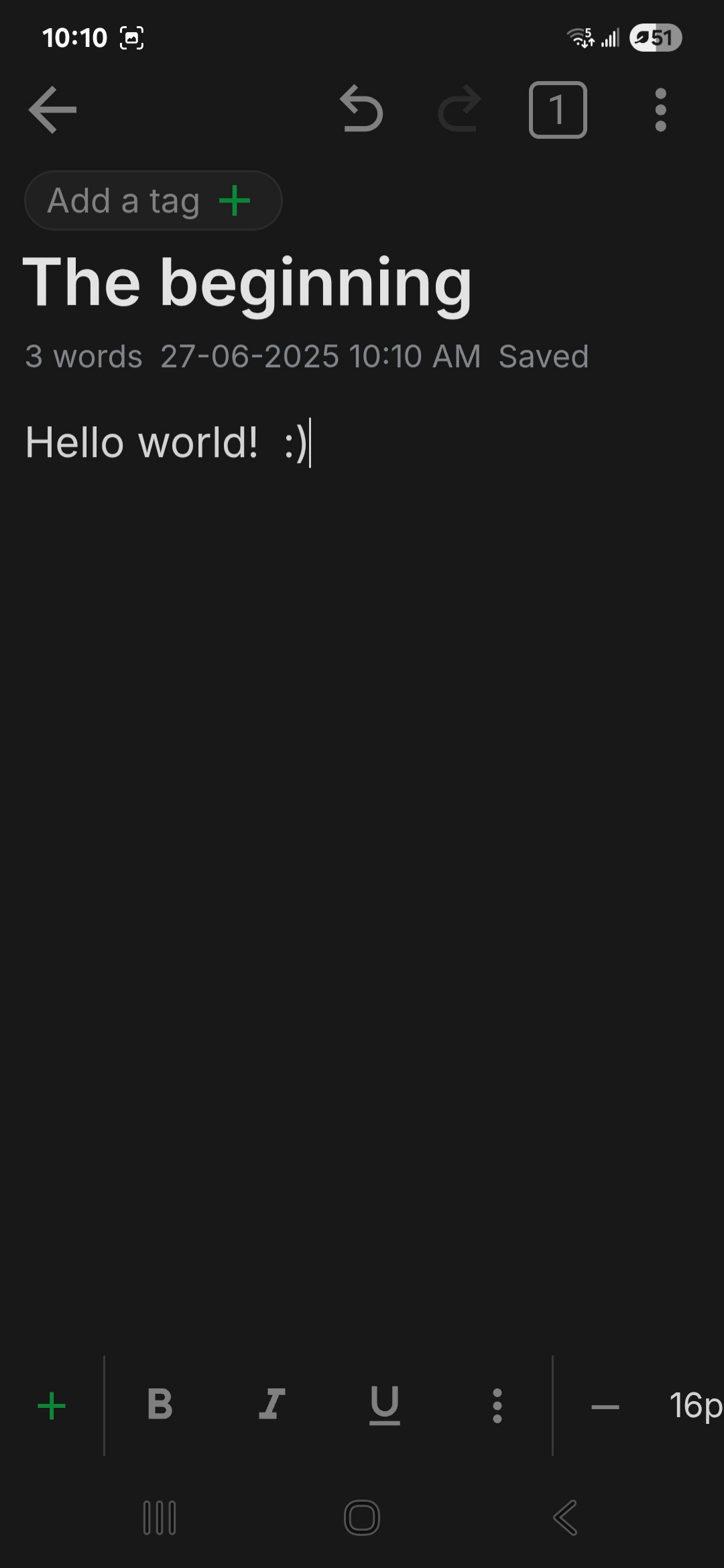 This app is free, but you can upgrade to a paid plan to get access to unlimited storage, better tools for organizing your notebooks, and more.
This app is free, but you can upgrade to a paid plan to get access to unlimited storage, better tools for organizing your notebooks, and more.
Best 2FA app: Twilio Authy Authenticator
Twilio Authy Authenticator (Authy) is a leading two-factor authentication (2FA) app that adds an extra layer of security to your online accounts, and it’s completely free. Once you link one of your online accounts to Authy, you’ll need to enter both your password and a time-based one-time code generated in the Authy app to log in.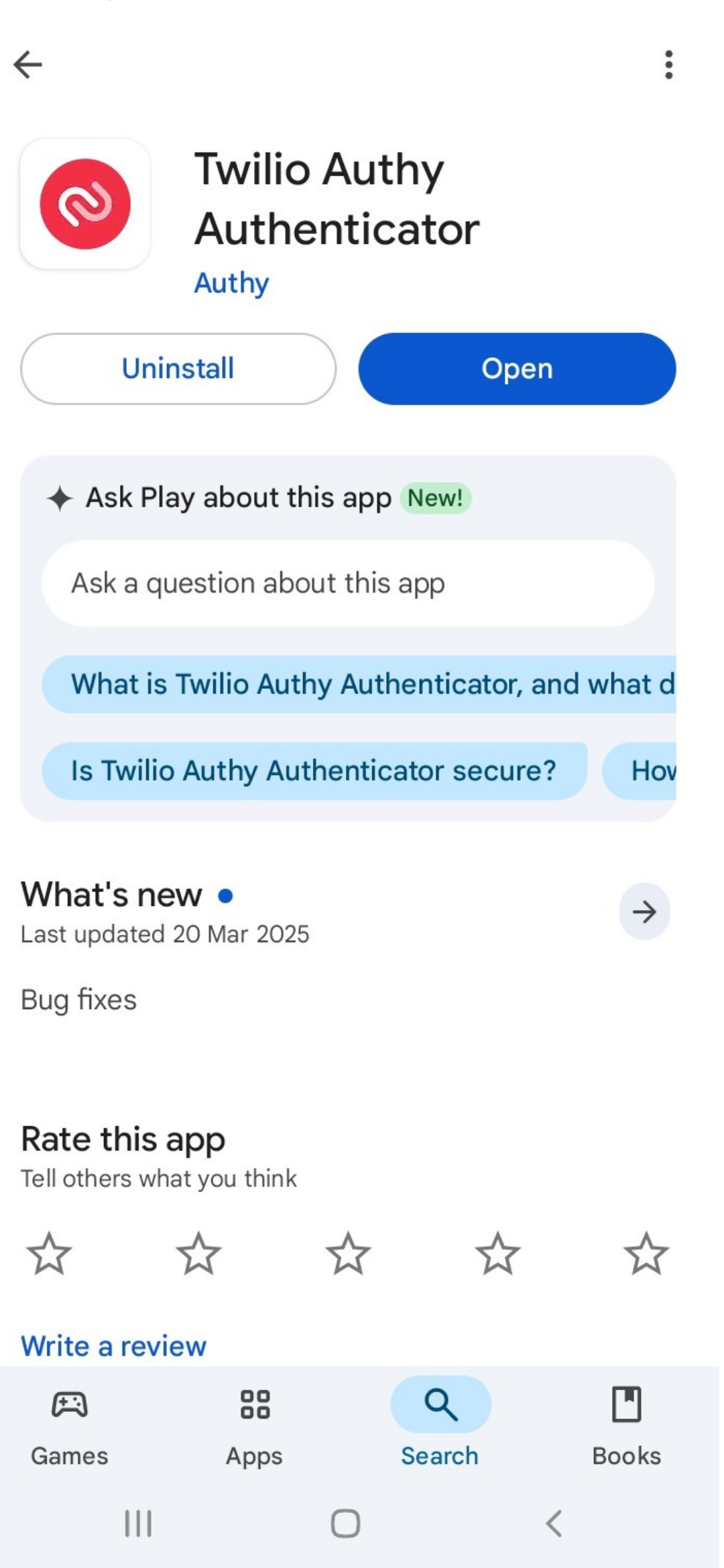 This significantly reduces the risk of unauthorized access, because the threat actor would need to know your password and have physical access to the Authy app on your phone.
This significantly reduces the risk of unauthorized access, because the threat actor would need to know your password and have physical access to the Authy app on your phone.
How to choose the right privacy app
Match apps to your privacy needs
There are many different types of privacy apps. Some, like VPNs or secure messaging apps, are worth considering for all users. VPNs are useful for any kind of online activity, whether you’re browsing, streaming, or gaming, and pretty much everybody needs some kind of messaging app for communication.
Other tools, however, are more situational. Not everyone takes notes on their phone or needs a second phone number to separate work and personal calls. So when choosing a privacy app, start by identifying what you actually need to protect.
Paid vs. free privacy apps
The good news is that a lot of the best privacy apps are free, but not all free apps are created equal. An app could be free because it’s supported by donations or by users with premium subscriptions. But it could also be free because the developers are quietly monetizing your data to cover costs.
On the flip side, paid apps tend to offer more features and better support, but a price tag alone doesn’t guarantee trustworthiness. Whether the app is free or paid, always do some research before installing it on your device.
Signs of a low-quality privacy app
Not all apps that claim to protect your privacy actually do. Some are poorly built, so they can’t do what they claim to do, while others can be outright malicious.
When installing a privacy app, you should watch out for apps that:
- Ask for unnecessary permissions
- Have vague or missing privacy policies
- Include intrusive ads and pushy prompts to upgrade to a paid version
- Haven’t been updated in a long time
- Have a bunch of negative reviews
- Have unclear ownership or funding
Tips for protecting your privacy on mobile
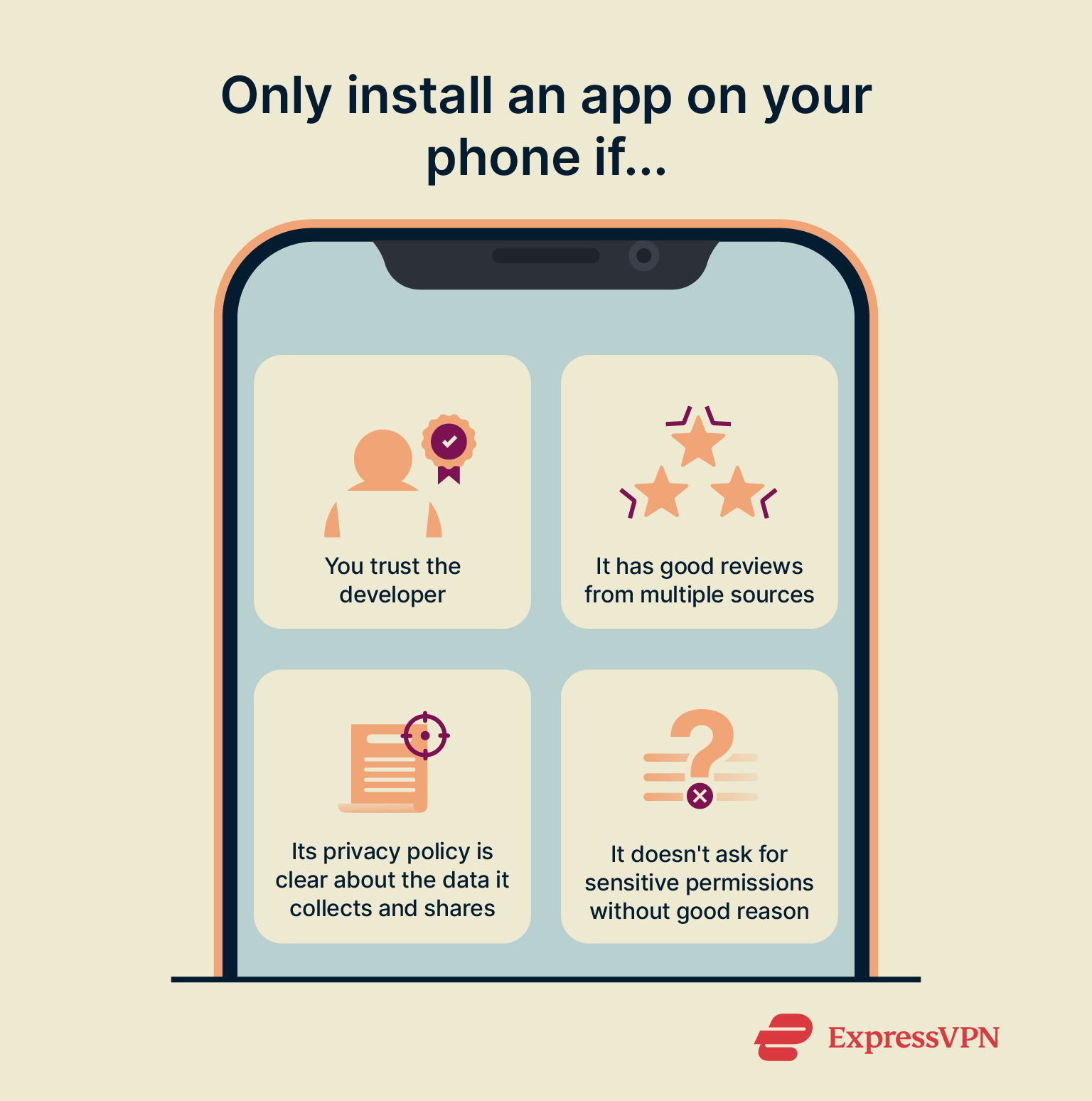
What to do before installing any app
Before you install any app on your phone, take a moment to do the following:
- Check the developer: Since you’re about to put your privacy in their hands, it’s best to choose an app from a known and reputable company.
- Read reviews: Don’t rely on review scores alone. Are there any complaints about bugs or shady behavior? At the same time, keep in mind that negative reviews are often overrepresented online, so check multiple sources and look for consistent patterns rather than one-off rants.
- Review the privacy policy: The privacy policy will usually tell you what data the app collects and why, as well as if it shares your data with anyone else. If the app’s privacy policy is vague or nonexistent, that’s a bad sign.
- Look at the permissions it requires: Is it asking for access to sensitive data, like your location, microphone, camera, contacts, or files? Does it really need those permissions? A good app will usually explain its requests.
How to manage app permissions
You should periodically review the apps on your phone and the permissions you’ve granted them. Some apps may have permissions that they no longer need or that they never needed in the first place. Revoke unnecessary permissions to reduce the risks of data leaks, surveillance, and misuse.
Here’s how you can check your app permissions on Android and iOS.
Android
- Open the Settings app on your phone and then scroll down and tap on Apps.
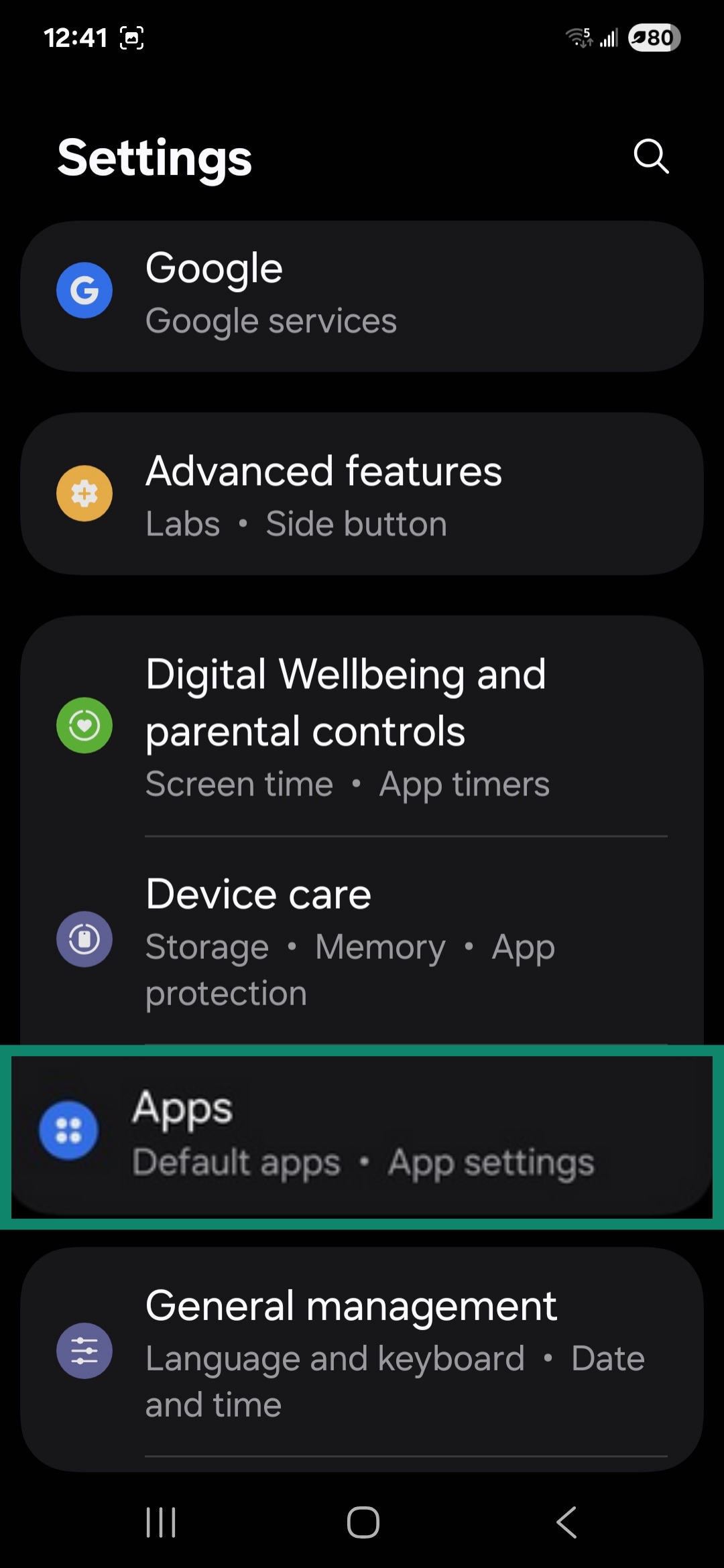
- Select the app whose permissions you want to review and tap on Permissions.
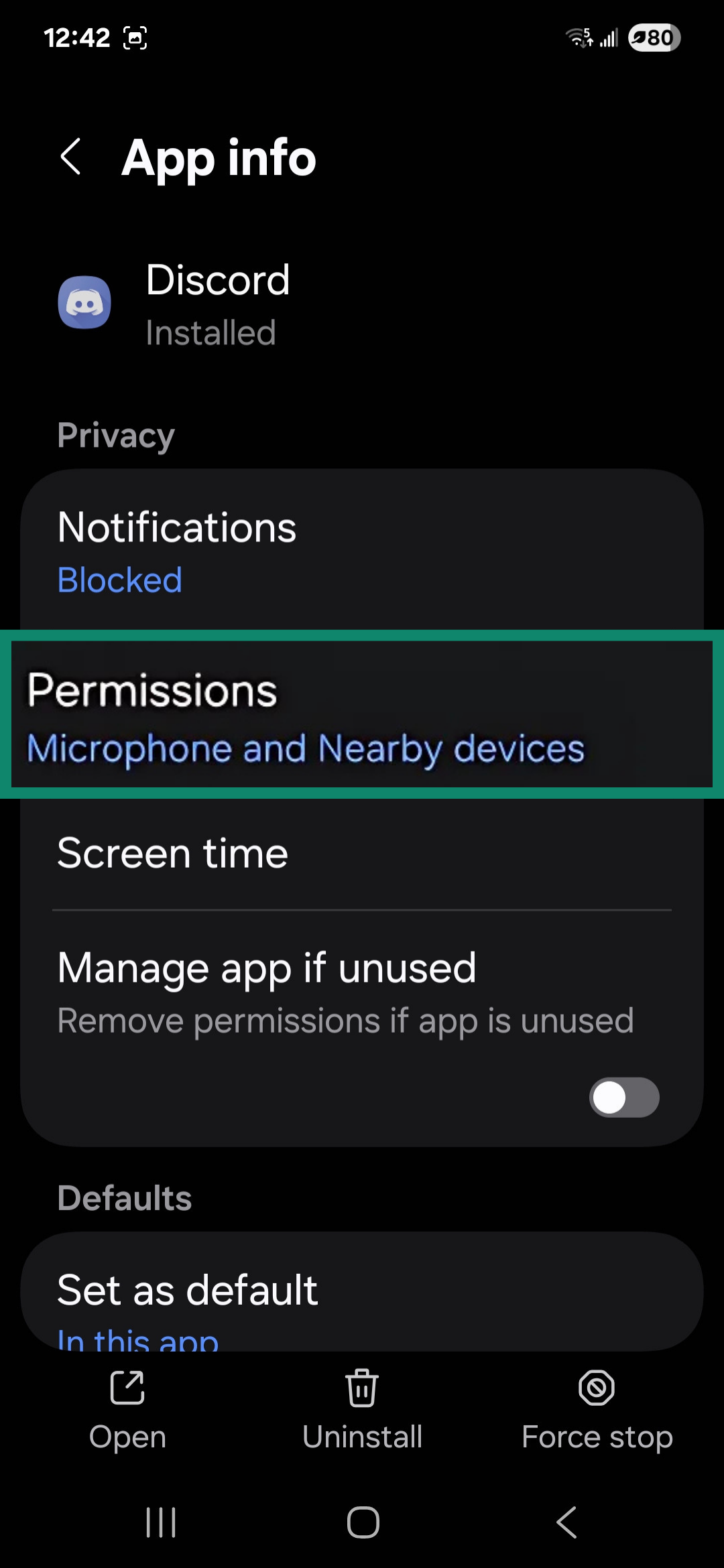
- To change a permission, tap on it, and then choose Allow or Don't allow.
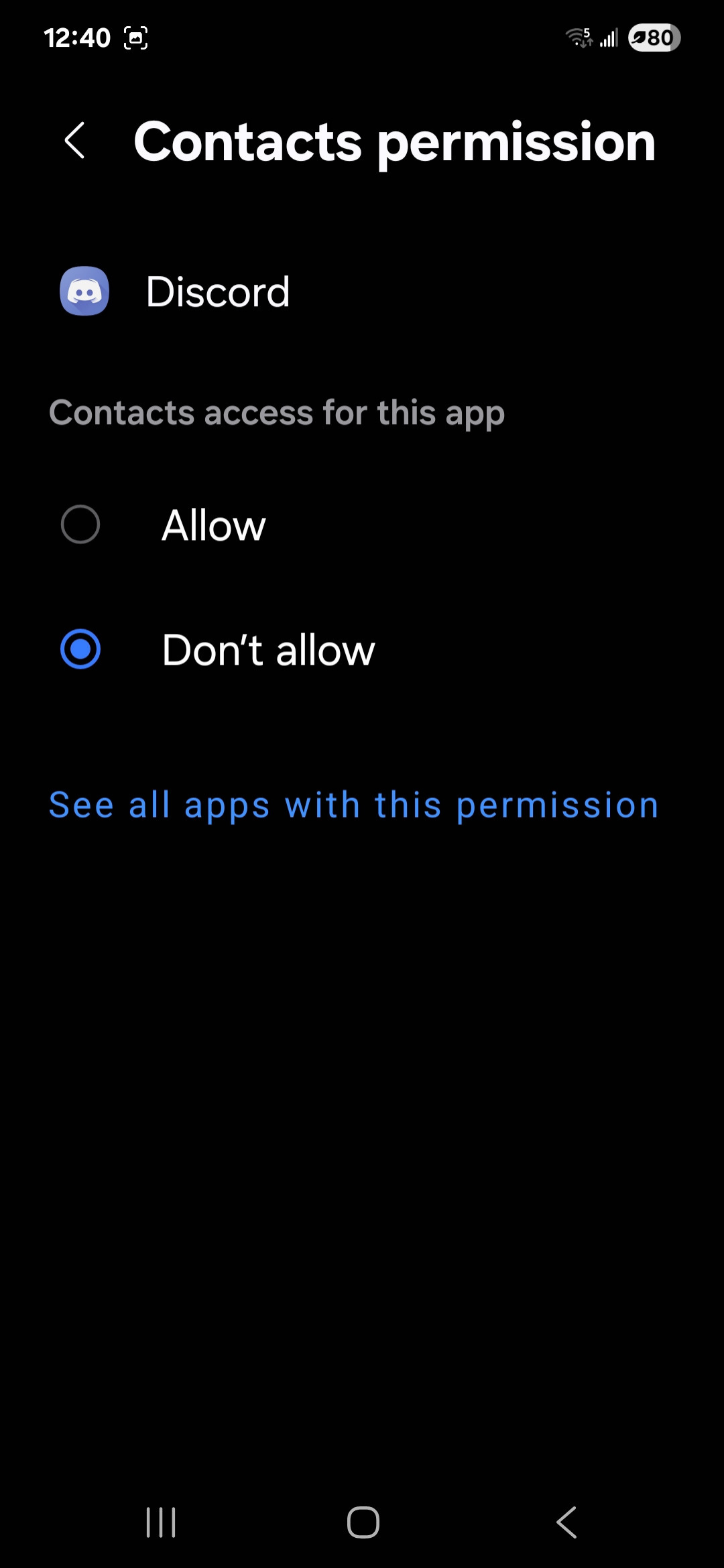
iOS
-
- Open the Settings app on your phone and then scroll down and select Apps.
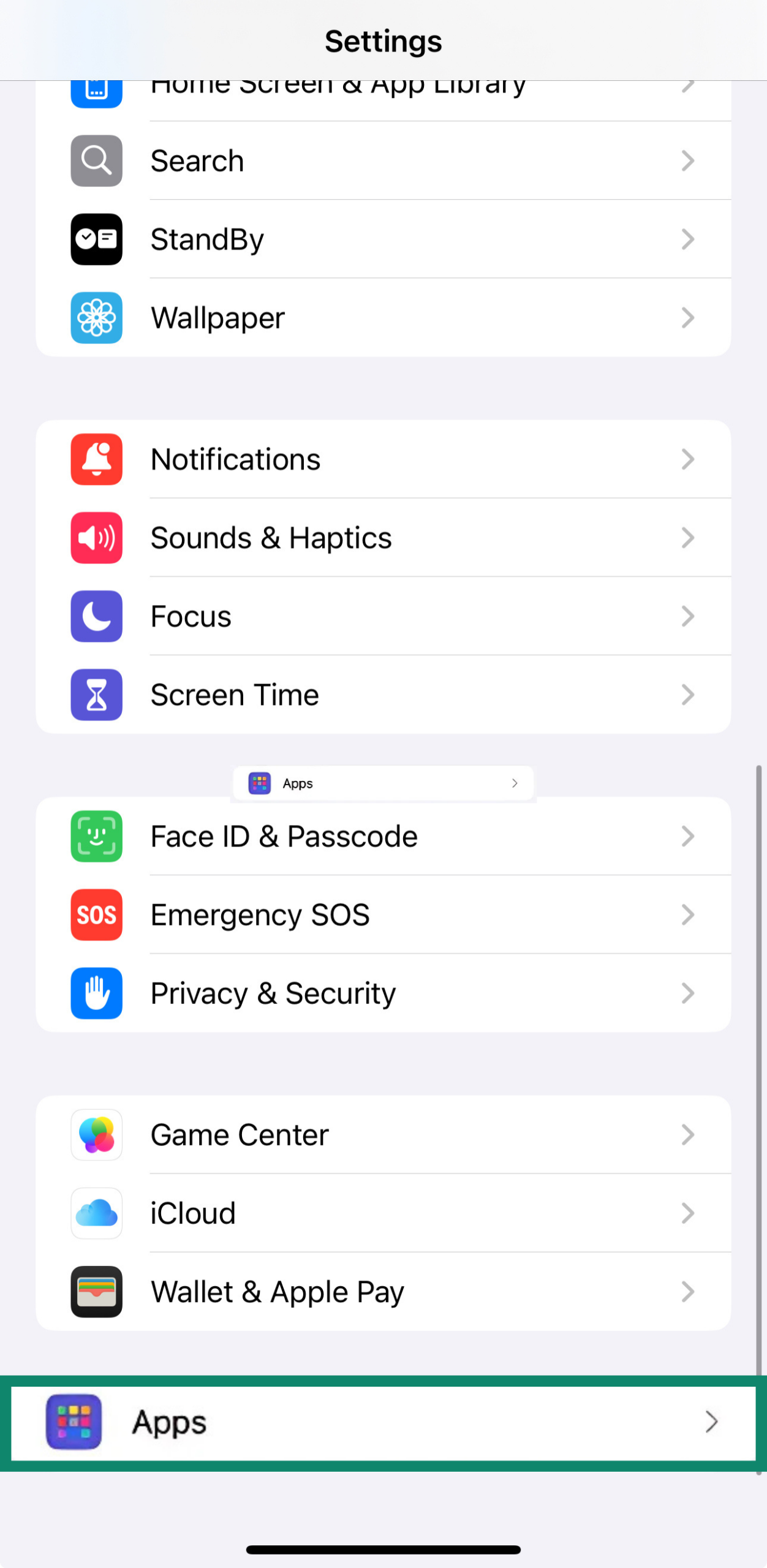
- Tap on the app whose permissions you want to review. You can grant/revoke a permission by using the toggle.
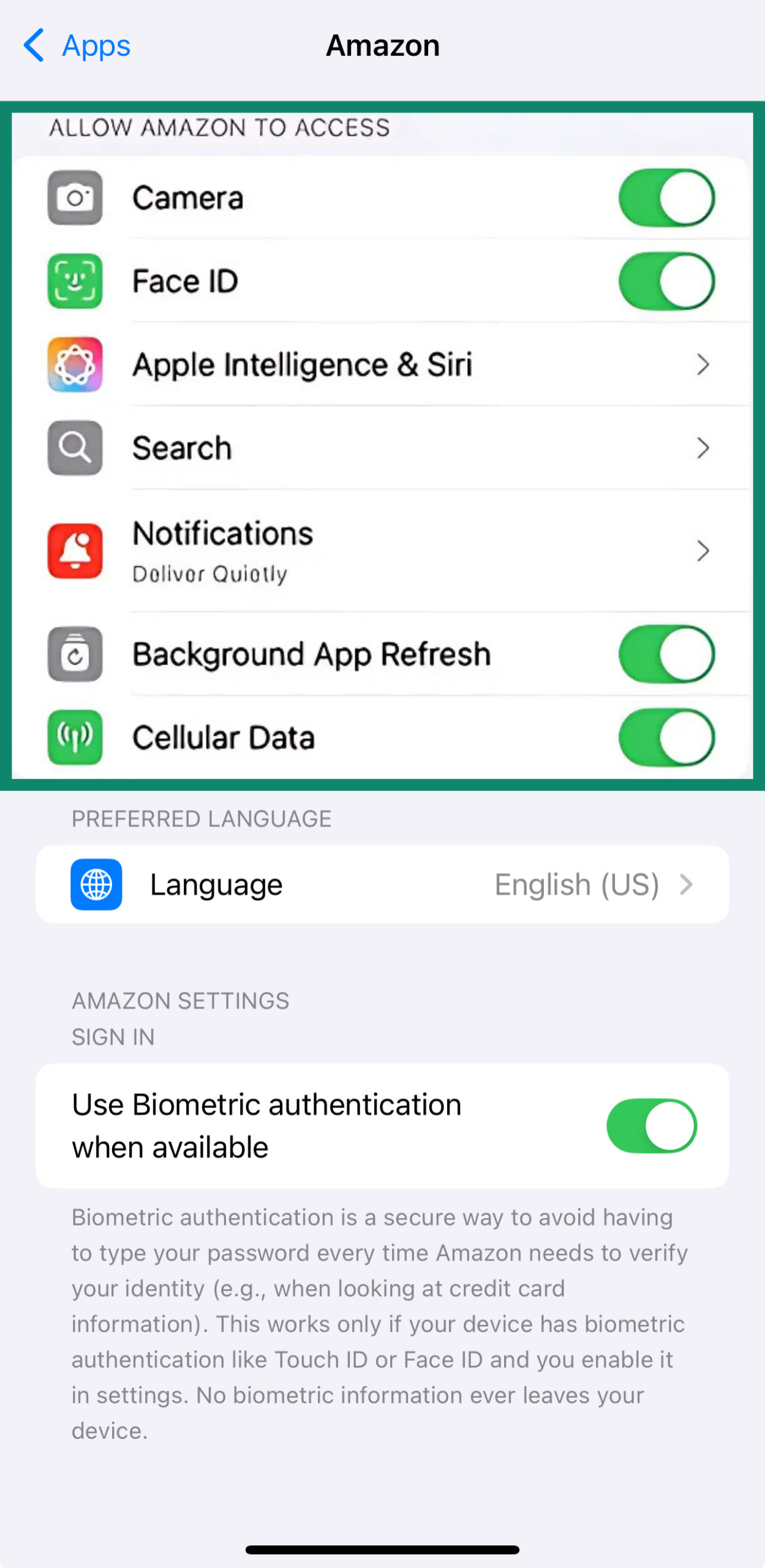
- Open the Settings app on your phone and then scroll down and select Apps.
Checking app behavior after install
After you install a new app, it’s a good idea to keep an eye on it for a while. Here are some things to look out for.
- Battery or data drain: If you see an unexpected spike, it might mean that the app is running in the background or sending data unnecessarily.
- Notifications or ads outside the app: If you're getting pop-up ads or being spammed with notifications even when the app isn't open, your phone might be infected with adware. This is a type of malware that's designed to aggressively serve you ads, track your behavior, or redirect you to promotional content.
- Background activity: You can use privacy tools like a network monitor or the App Privacy Report that’s built into iOS devices to see what the app is doing behind the scenes.
FAQ: Common questions about privacy apps
What apps should not be on my phone?
You should consider removing an app from your phone if you no longer use it or don’t remember installing it. You should also periodically review the apps on your phone and remove any that are causing high battery or data drain, showing ads outside of the app, or tracking your activity even when they aren’t being used.
Who can see what I do on my phone?
Potentially your internet service provider (ISP), the government, network administrators, app developers (through the data you share or analytics they collect), advertisers and trackers, and threat actors (if your phone is infected with malware). Using a VPN can help reduce the visibility of your network activity.
Can I tell if my phone is being monitored?
Warning signs that your phone might be infected with spyware include rapid battery drain, unusual data usage, and device overheating. You should also be on the lookout for unknown apps on your phone or unexpected changes in your settings.
What is an app privacy report?
The App Privacy Report is a feature available on iPhone and iPad versions 15.2+ that can help you spot suspicious apps. It can show you which apps have accessed sensitive permissions like location, camera, microphone, and contacts, as well as when and how often they accessed that data. It can also tell you which domains apps have connected to.
Where are the privacy settings on iPhone?
Privacy settings on your iPhone can be found through Settings > Privacy & Security.
Do apps collect personal data?
Yes, many apps collect personal data. This may include your name, email, phone number, device info, IP address, location, app usage, browsing habits, and more, depending on the app in question.
Some of this data is used to deliver and improve the app’s services, but often it’s also used for advertising purposes or sold to third parties.
How to change microphone privacy settings for apps?
On your Android device:
- Open the Settings app.
- Tap on Apps.
- Select the app you want to change your microphone settings for.
- Look for microphone permissions and tap “Allow” or “Don’t allow.”
On your iPhone or iPad:
- Open the Settings app.
- Tap on Privacy & Security.
- Tap on Microphone and toggle access per app.
How do I stop apps from tracking me?
There’s no simple answer to this because most apps require some access to your data to function. But you can minimize tracking by using privacy tools like VPNs, switching to less invasive apps, and limiting app permissions.
What permissions should I disable?
The short answer is that if an app doesn’t need a permission to function, you should disable it. Particularly sensitive permissions that you should be wary of granting include location, microphone, camera, contacts, file/media access, calendar, SMS, call logs, and phone.
Are free privacy apps safe to use?
Some are, some aren’t. Just because a privacy app is free doesn’t mean it’s unsafe, and vice versa. You should judge a privacy app based on other factors; for example, how much data does it collect, does it have a clear privacy policy, is it open source, has it been audited, and what’s its reputation like?
Can apps access my microphone without permission?
Generally, no. All legitimate apps need your permission to access your microphone. However, malicious apps and spyware can bypass these controls by exploiting system vulnerabilities. If you’re concerned about surveillance, you should periodically review the apps installed on your phone and be on the lookout for unusual behavior.
Take the first step to protect yourself online. Try ExpressVPN risk-free.
Get ExpressVPN




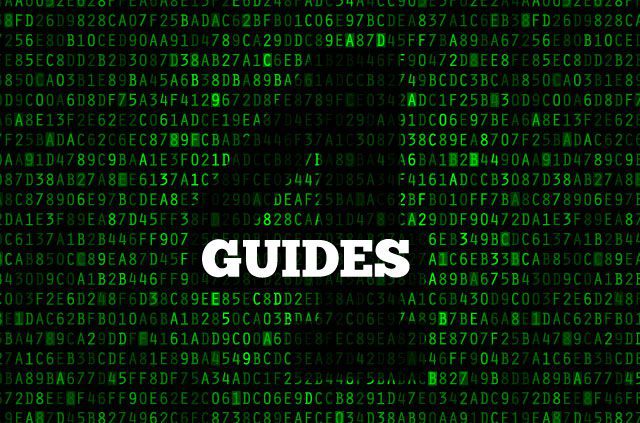

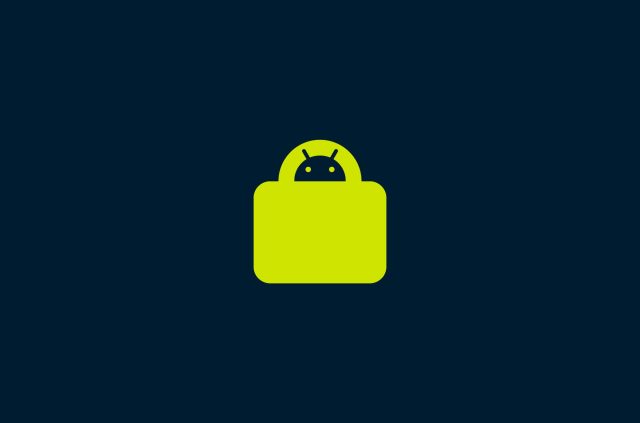
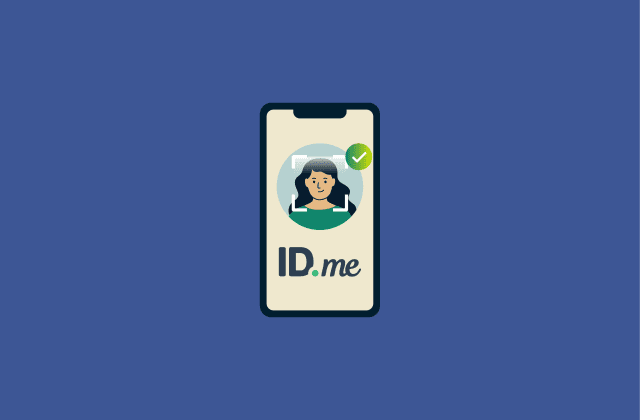
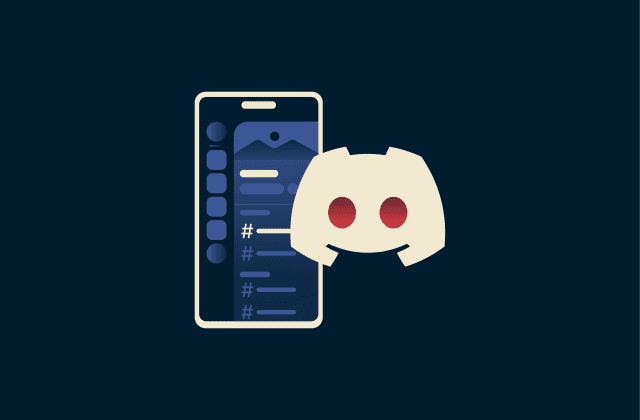



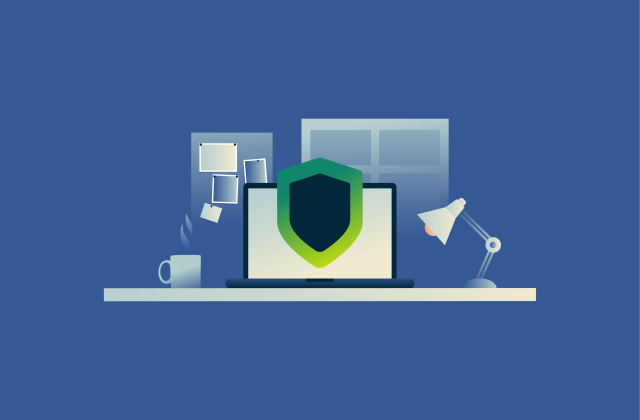
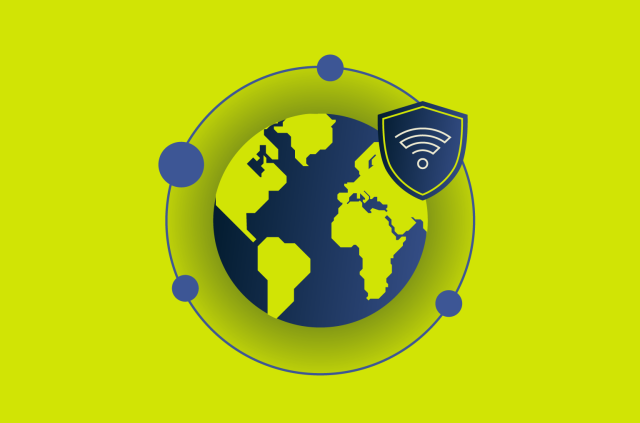
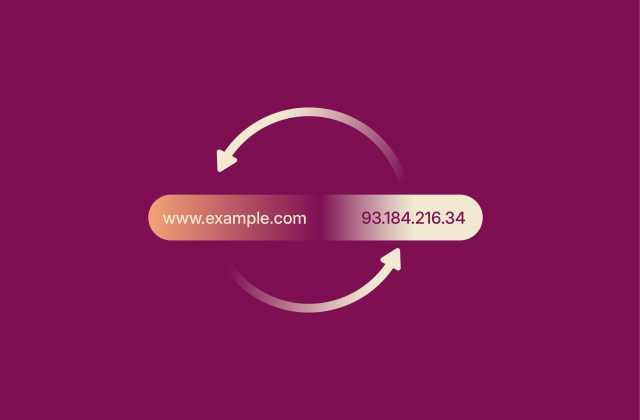





Comments
"If you use Gmail, rest assured that algorithms are at work, establishing a metadata profile to serve you more targeted advertisements." That is IF you haven't accessed your Google online account and "paused" all of your activities, location, etc. I did that four years ago and I don't get ANY ads. Also, I turned off on both my PC and smartphone since 2014. Brave internet browser does an excellent job of blocking ads, trackers, AND fingerprinting too. LOVE my ExprexxVPN!
What about ProtonVPN ? You recommend ProtonMail , but why not ProtonVPN?